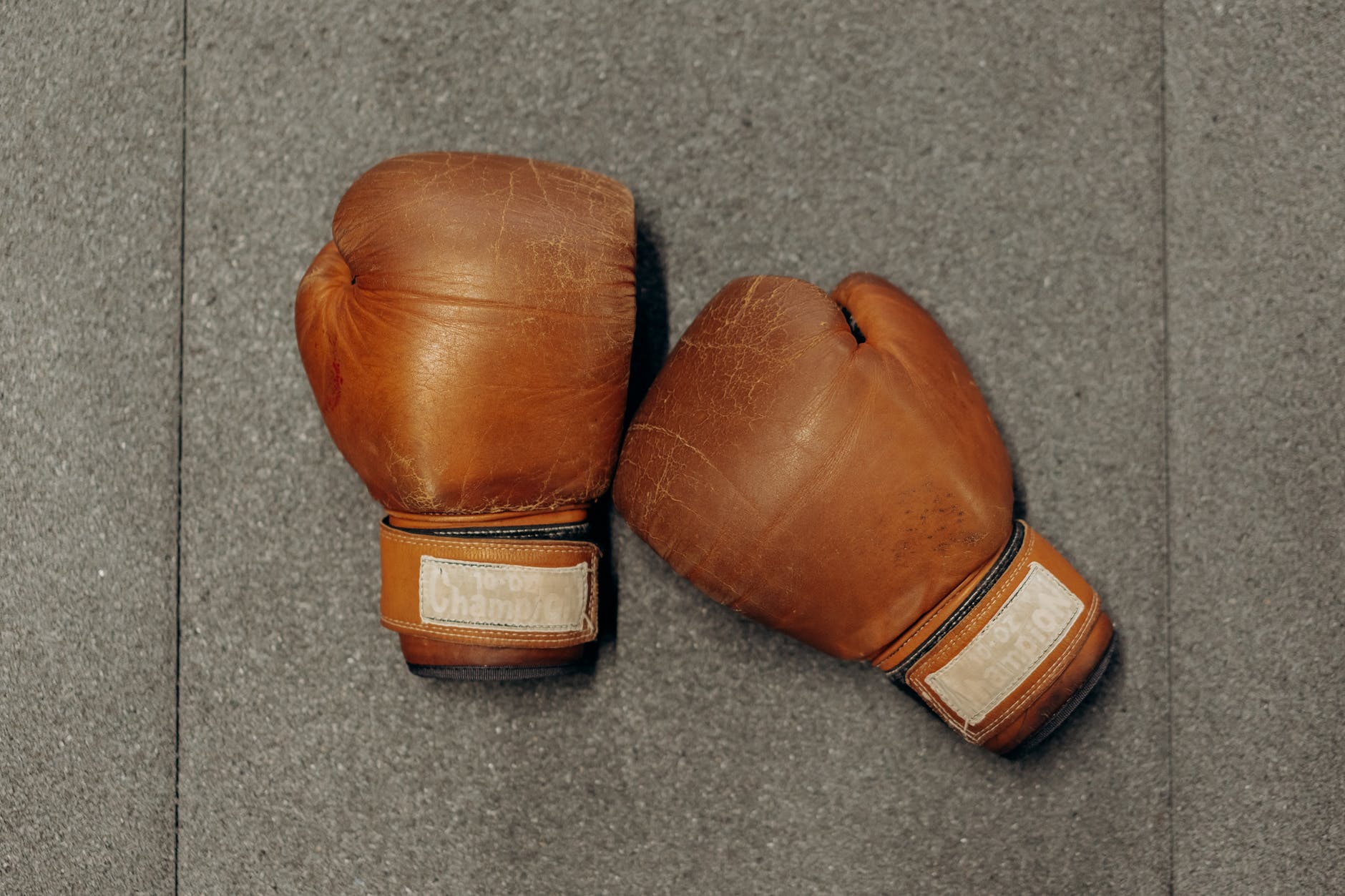One characteristic of resilient people is their high level of self-awareness. In other words, they know themselves quite well. Of course, it is not possible to see yourself in a completely unbiased way. However, resilient individuals have a relatively accurate perception of their strengths and weaknesses. They know what motivates them and what their core beliefs are. Furthermore, resilent people know how to overcome limiting beliefs. Self-awareness, enables…
In this article I show you how to leave a good first impression through the lense of a psychological phenomenon known as the primacy and recency effect. When you meet someone for the first time, you process all kinds of information and to try and figure out what kind of person they are. The way people speak, their posture, whether they smile or not – these kinds of…
How do you deal with ambiguity at work? For instance, if you have to market a new product, what strategy would you choose? Would you play it safe and do something that you know will get the job done. Or would you try something novel, something that could go viral and bring in tremendous results? As human beings we are more likely to avoid options that seem risky…
How to Increase Work Productivity? Use These 23 Highly Effective Tips (Part 3)
July 26, 2021Productivity is one of the most talked about personal development topics. Many want to know how to increase work productivity. In fact, if you do a Google search for productivity at work, you get around 345,000,000 hits. We often aim to increase productivity with the hope of packing more into an already tight schedule. A common question is how to get more done in less time! I think…
Coping Strategies to Reduce Stress and Have More Energy (PsyCap 15)
July 11, 2021How do you tend to cope with stressful situations? We all have our default way of dealing with things. I tend to ruminate which, I know, is not healthy. Maybe you tend to address problems directly and try to change the situation. Others just accept the way things are and avoid any kind of confrontation. These various ways of dealing with stressful situations are called coping strategies. The…
List of Cognitive Distortions and How to Challenge Them (PsyCap 14)
June 27, 2021We all have experienced limiting, self-defeating thoughts at one point or another. Have you ever tried to pinpoint them and figure out what is actually going on inside your head? Using a list of cognitive distortions is very helpful if you want to identify, challenge and adjust your negative thoughts. The following may resonate with you: This will never get better I mess up all the time I…
Challenge Cognitive Distortions to Build Resilience Now (PsyCap 13)
June 14, 2021In this series of posts, we are learning how to build the psychological capital (PsyCap) dimension of resilience using a cognitive behavioral therapy (cbt) approach. A major part of cbt is to identify and challenge cognitive distortions that limit our optimal psychological functioning. We all at least on occasion have limiting, self-defeating considerations. Even if such thoughts are not severe enough for clinical diagnosis, they can still limit…
Cultivate Resilience Now by Using This Awesome Technique (PsyCap 12)
June 6, 2021In this post we continue our series on applying cognitive behavioral therapy (CBT) techniques to cultivate resilience. A basic premise of CBT is thoughts, feelings and actions are interconnected. One explanation of this cognitive model is thoughts influence feelings which in turn affect behaviors. These behaviors then reinforce thoughts. Let’s say I believe people don’t think I am competent. When my manager asks me a question in a…
Build Resilience: Why CBT is a Great Way (PsyCap 11)
May 31, 2021Build Resilience using Cognitive Behaviroal Therapy (CBT) One of the most striking things about resilient individuals is their ability to maintain mental clarity when confronted with challenging circumstances. Such a quality helps you to evaluate situations accurately and respond in an ideal way when confronted with setbacks. CBT is an effective approach to build resilience, because it helps adjust cognitive distortions that limit our ability to see things…
Since the pandemic has hit, workers have experienced even longer work weeks. Recent studies show that on average employees worldwide work an average of 9.5 unpaid hours of overtime per week. Coupled with a glamorized “overwork” culture, burnout will probably not be solved anytime soon. With this as a backdrop it is important to consider how one can reduce the impact of stress and thereby undesirable health consequences.…










